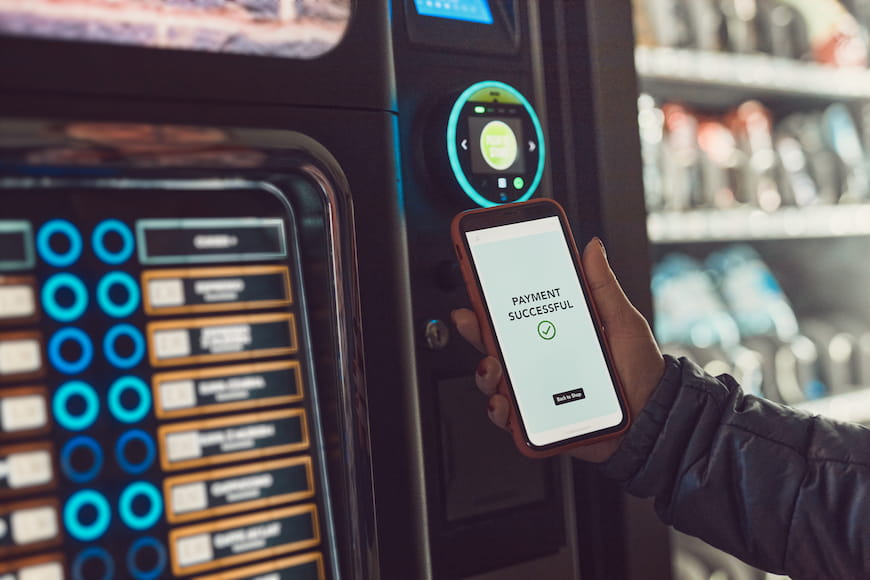Many students are pursuing degrees later in life, balancing their studies with full-time jobs and family commitments. These nontraditional learners, while diverse in their experiences, share common challenges that can impact their ability to persist and graduate. Institutions can better support these students by offering flexible learning options, career-relevant education, personalized support, and reducing financial barriers. When executed thoughtfully, these strategies can improve retention rates while also ensuring nontraditional learners have the resources they need to thrive academically.
Often finding themselves juggling multiple responsibilities, nontraditional students can find it difficult to attend classes at fixed times or adhere to rigid academic schedules. For many, flexibility is a key factor in their decision to pursue higher education, and it plays a pivotal role in retention. Hybrid and fully online courses are becoming increasingly popular, allowing students to engage with course materials on their own schedules, fitting education into their busy lives. Digital textbooks further enhance this flexibility. Platforms like BibliU provide students with immediate access to learning materials on any device, eliminating logistical barriers posed by traditional textbooks. Whether commuting to work or trying to balance family duties, students can access and engage with their course materials anytime, anywhere.
Many nontraditional learners return to school with specific career goals in mind. Research from the Strada Education Network shows that students who see clear connections between their coursework and real-world career opportunities are more likely to stay engaged and complete their studies.
In response, many colleges are designing programs with clear pathways to employment. By embedding industry-relevant content into the curriculum, institutions help students developjob-ready skills that they can apply immediately in the workforce. Platforms like BibliU enhance this approach by providing access to current, industry-specific resources, aligning their learning with the needs in today’s job market. As outlined in our blog on preparing students for the workforce, this kind of access ensures that learners are not only informed but fully prepared to meet the demands of their chosen fields.
Financial stress is one of the most significant barriers to degree completion. According to Lumina Foundation-Gallup 2024 State of Higher Education, 87 percent of those who left college before earning a degree cite cost as a critical factor in their decision to leave school. This issue is particularly true for nontraditional workers—such as those who are working while studying or who have children or other dependents to support.
In efforts to address this problem, institutions are offering more targeted financial aid packages for part-time students, as well as emergency funds for unexpected setbacks. Reducing the cost of textbooks is another important strategy. Companies like BibliU can help alleviate this burden by offering digital materials that are more cost-effective than traditional print textbooks. With first-day access, students can dive right into their courses without the added financial stress of purchasing expensive books.
Nontraditional learners, especially those returning to school after a long absence may need additional academic support. Research shows that these students often require extra assistance, such as tutoring or one-on-one advising, to stay on track and manage the complexities of college life. Proactive interventions can help prevent students from feeling overwhelmed and dropping out.
Technology can play a crucial role in identifying at-risk students early. BibliU, for example, allows instructors to track student engagement with course materials. This data helps faculty provide personalized support, whether through additional tutoring, peer study groups, or individual mentoring.
Driving a sense of community is essential to creating a positive and engaging campus experience for both traditional and nontraditional learners. Many institutions are reimagining campus store spaces, traditionally focused on physical textbooks and retail, into vibrant hubs that bring students together. BibliU’s Universal Learning+ approach enables this transformation by providing e-commerce solutions that streamline store operations, allowing institutions to rethink how these spaces are utilized.
Institutions can repurpose campus store spaces for events, study groups, and collaborative activities, creating inclusive environments where all students—whether on campus full-time or commuting—feel connected. By leveraging these spaces for community purposes, colleges and universities strengthen a sense of belonging and provide meaningful support for nontraditional learners.
As nontraditional learners become an increasingly vital part of the higher education landscape, institutions must rethink their approach to retention. Flexibility, career-focused education, financial support, academic assistance, and a strong sense of community all contribute to student success.
By addressing these factors holistically and leveraging tools that enhance access to learning materials, institutions can create an environment where nontraditional learners can thrive. Solutions like BibliU’s offer students the resources they need—flexible access to affordable materials, up-to-date content, and the opportunity for greater engagement. With these tools in place, nontraditional learners are more likely to stay enrolled, complete their programs, and achieve their career goals.
Learn more about transforming the learning experience with BibliU.

Drawing on insights from Erik Russell of Occidental College on Campus Convos, this blog explores how innovations in auxiliary services reveal a bigger lesson for higher ed: let technology deliver on-demand convenience, while people provide the human touch that makes the student experience truly personal.
.jpg)
Rural community colleges are lifelines opportunity face unique challenges, like broadband gaps and transportation barriers. Based on the Campus Convos episode with Dr. Bryan Newton of Glen Oaks Community College, we're showing how rural colleges are turning obstacles into innovation.